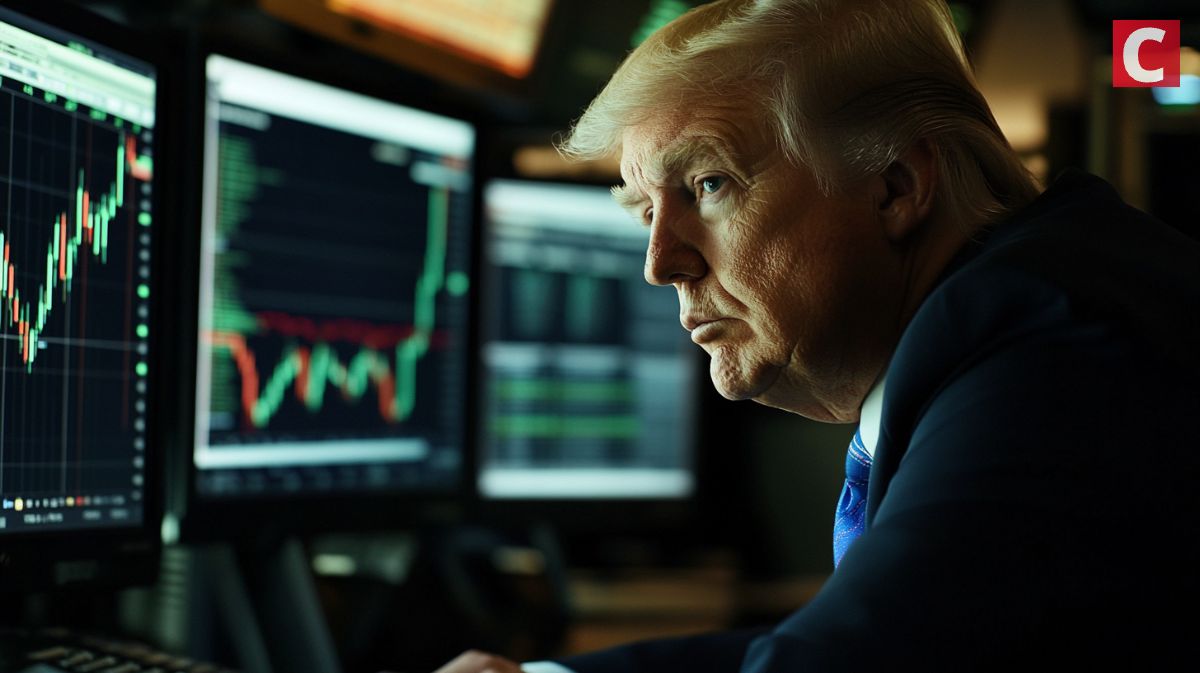Republicans are pleased with the bill, but Democrats are concerned about President Donald Trump’s personal financial interests.
The GENIUS Act (Guiding and Establishing National Innovation for US Stablecoins Act) is expected to strengthen the crypto ecosystem with high expectations of being approved.
According to a report by ABC News, the US Senate will likely approve the bill on June 17. The document will subsequently be submitted to the United States House of Representatives for additional revisions before its full implementation.
So far, 67 senators (53-47 majority) have shown support for the GENIUS Act. This includes a change of heart from 18 Democrats.
Coinspeaker previously reported that Democratic senators — Mark Warner, Adam Schiff, and Ruben Gallego, to name a few — shifted their focus to supporting the bill last month.
The GENIUS Act requires all stablecoin issuers to back their token 1:1 with US dollar reserves while mandating stricter anti-money laundering and know-your-customer policies.
The Hidden Hole
While the GENIUS Act bans all Congress members from profiting off stablecoins, Democrats are still concerned with US President Donald Trump and his family’s decentralized finance project, World Liberty Financial and its stablecoin USD1.
Democrat Senator Angela Alsobrooks says that the bipartisan bill doesn’t “include certainly everything we would have wanted.” Despite triggering a conflict of interest, Alsobrooks calls the GENIUS Act a “good bipartisan effort” to regulate stablecoins.
Critics like Senator Elizabeth Warren warn that the bill opens a “superhighway for Trump corruption.” She’s also concerned that tech giants like Amazon and Meta might also launch their own stablecoins if the GENIUS Act is approved.
The US Treasury says the bill may help grow the US stablecoin market value to $2 trillion by 2028.
After Senate approval, the House may attach broader financial reforms. The final version is expected to include more comprehensive market structure changes—developments that could also influence adjacent sectors such as crypto gambling, where stablecoins are increasingly used for fast and borderless transactions.
next